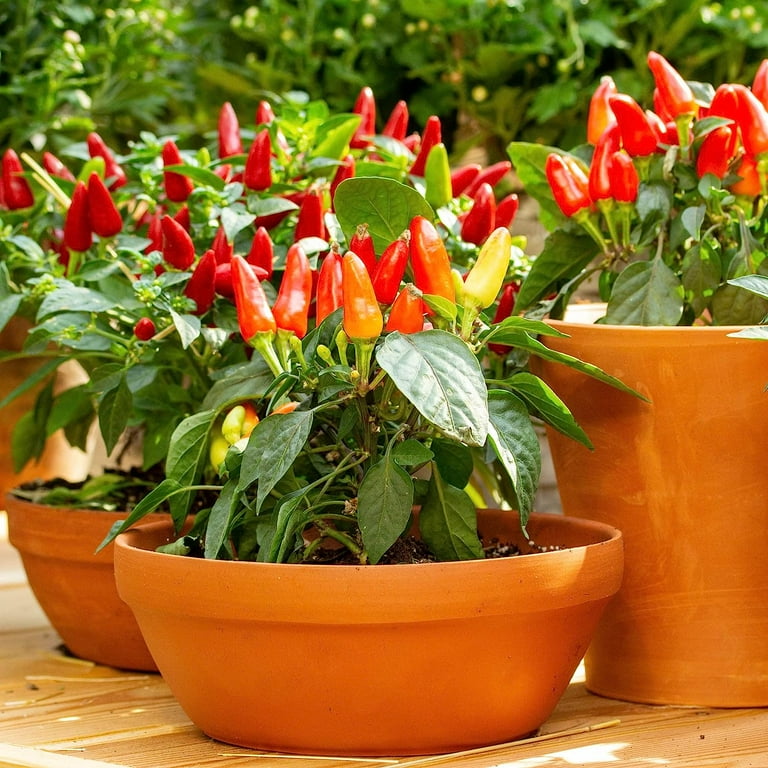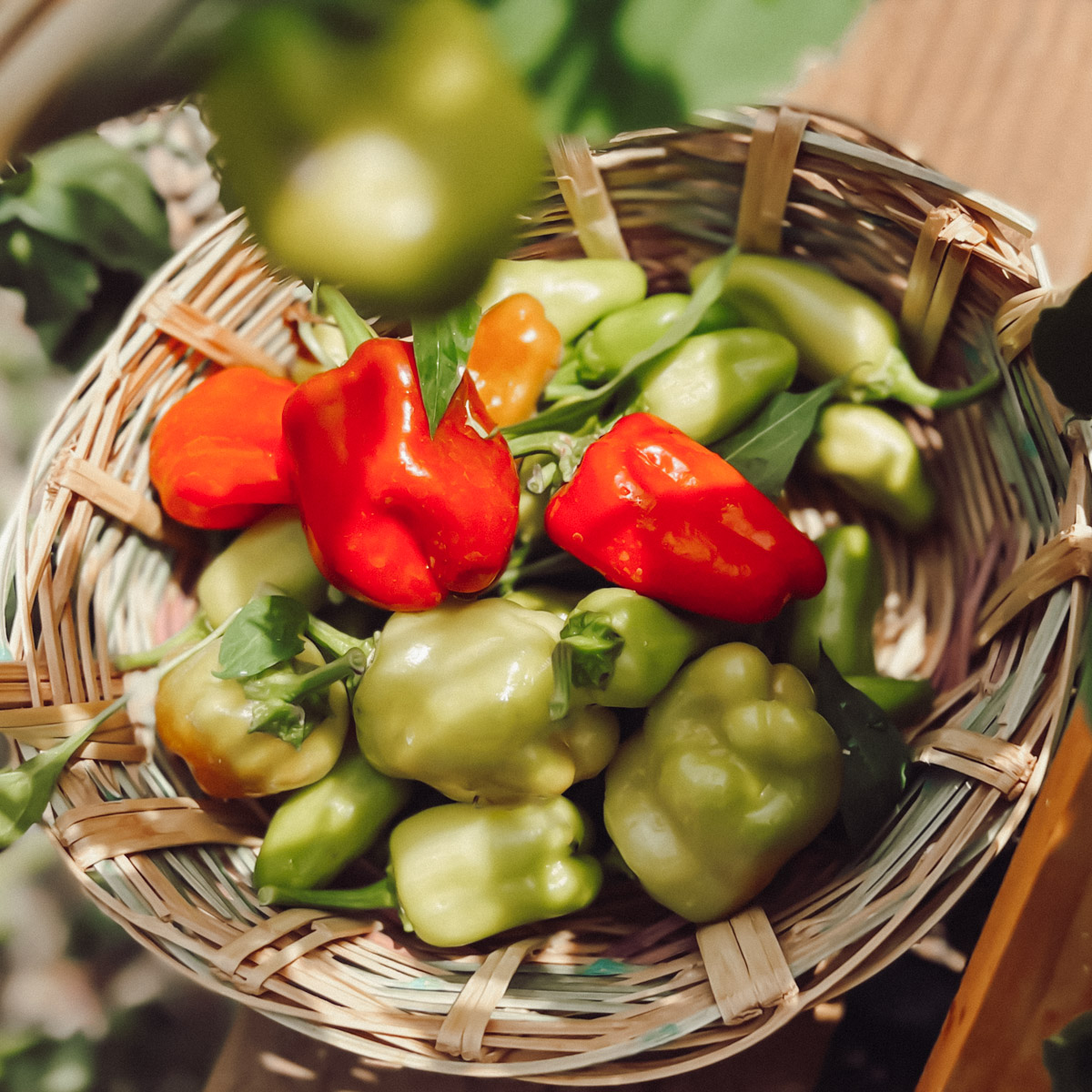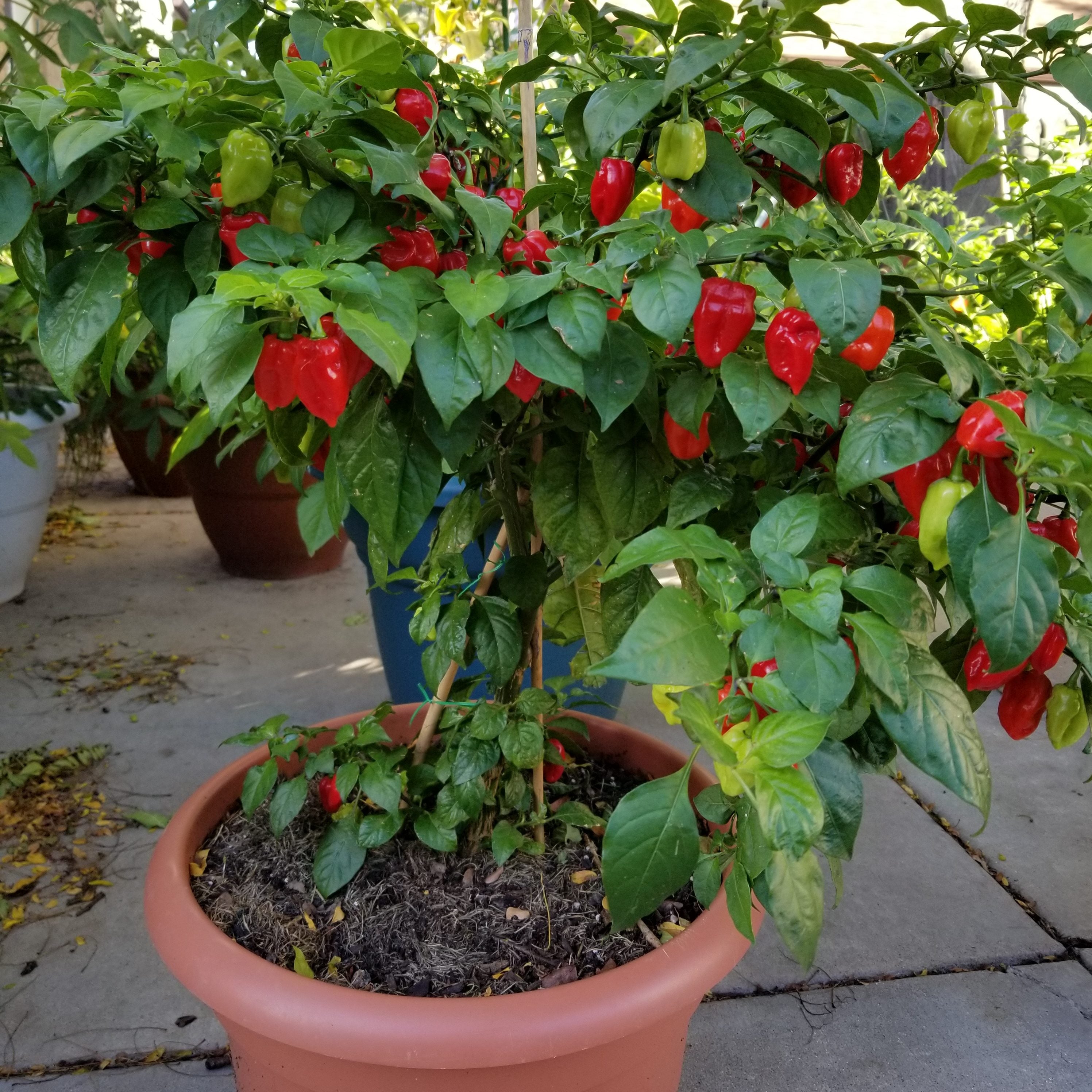Best Fertilizers for Peppers: Increase Development and Flavor Naturally
Exactly How Plant Foods Play a Crucial Function in Growing Healthy And Balanced and Plentiful Pepper Crops
Plant foods work as the backbone of effective pepper growing, providing a tactical approach to nurturing the soil and fostering optimal plant development. The complex dance between important nutrients and the pepper plants' physical processes underscores the pivotal function that fertilizers play in making certain an abundant harvest. From sustaining robust origin advancement to reinforcing condition resistance, the effect of plant foods is significant in the farming of healthy and fruitful pepper plants. Keep tuned to discover the nuanced ways in which fertilizers add to the growing of pepper plants and the sustainable practices that underpin their efficiency.
Importance of Nutrient-Rich Fertilizers
The utilization of nutrient-rich fertilizers plays a crucial duty in boosting the efficiency and high quality of pepper crops in modern farming methods. Nitrogen, phosphorus, and potassium are key nutrients that are critical for the growth and development of pepper plants.
Insufficient degrees of these nutrients can lead to stunted development, minimized yields, and vulnerability to illness (best fertilizers for peppers). Nutrient-rich fertilizers supply a targeted service to ensure that pepper plants get the essential elements for ideal growth and productivity. Furthermore, these fertilizers help enhance soil fertility over time, developing a sustainable atmosphere for lasting pepper farming
Enhancing Plant Growth and Development
To enhance plant development and growth in pepper plants, strategic application of nutrient-rich fertilizers is necessary. Plant foods play an essential function in enhancing the overall health and efficiency of pepper plants by offering them with necessary nutrients that might be doing not have in the dirt. Potassium, nitrogen, and phosphorus are key macronutrients called for in huge amounts by peppers for durable growth. Nitrogen aids in leafy green growth and overall plant vigor, phosphorus sustains origin advancement and flower formation, while potassium contributes to disease resistance and fruit top quality.
Along with these macronutrients, micronutrients such as iron, zinc, and magnesium are also essential for the proper performance of numerous plant processes. Iron, for example, is essential for chlorophyll production, which is essential for photosynthesis and total plant growth. Zinc plays a crucial function in enzyme task and hormone synthesis, impacting plant growth and growth at a cellular degree. Magnesium is vital for the development of chlorophyll and general power transfer within the plant.

Boosting Condition Resistance With Fertilizers
By tactically integrating targeted fertilizers, farmers can bolster the condition resistance of pepper plants, making sure optimal plant health and performance. Plant foods including important nutrients like potassium, nitrogen, and phosphorus play an important role in reinforcing pepper plants' immune systems, making them much more resilient to numerous diseases.

Making The Most Of Pepper Yield With Fertilizing
Making use of a balanced fertilization method is crucial to attaining optimum pepper return and making certain optimal crop productivity. By offering peppers with the ideal nutrients at the appropriate time, farmers can considerably improve their yield capacity. Phosphorus, nitrogen, and potassium are necessary components for pepper development, with nitrogen helping in leaf and stem advancement, phosphorus supporting root growth and blossom development, and potassium promoting overall plant health.
To optimize pepper yield, it is important to carry out soil tests to identify existing nutrient levels and recognize any kind of shortages that need to be dealt with. Based on these results, farmers can create a customized fertilizing plan that satisfies the specific needs of their pepper plants. In addition, appropriate fertilization techniques such as split why not try this out applications throughout the expanding period can guarantee continuous nutrient availability for the plants.

Sustainable Plant Food Practices for Peppers
In considering lasting fertilizer methods for peppers, it is important to concentrate on long-term dirt health and ecological stewardship combined with taking full advantage of plant productivity. Sustainable fertilizer methods intend to keep or improve dirt fertility while minimizing unfavorable environmental effects. One crucial strategy is using organic fertilizers such as compost, manure, or cover crops, which not only supply essential nutrients to the peppers but additionally add to soil structure and microbial activity. These organic options help build organic matter in the dirt, boosting its capacity to preserve water and nutrients, thereby sustaining lasting plant wellness and strength.
Additionally, accuracy farming techniques, such as dirt testing and targeted nutrient applications, can help maximize fertilizer use, making certain that peppers get the nutrients they need without excess drainage into rivers. This not only profits the atmosphere by reducing air pollution but also conserves costs for farmers by lessening waste. By embracing lasting fertilizer techniques, pepper cultivators can guard the health and wellness of their plants, soil, and bordering environments for future generations.
Conclusion
To conclude, fertilizers are necessary for cultivating plentiful and healthy and balanced pepper crops. best fertilizers for peppers. They give required nutrients for plant development and development, increase condition resistance, and optimize return. By executing lasting fertilizer methods, farmers can make certain the long-term health and wellness of their pepper crops and add to a much more reliable and environmentally-friendly agricultural system
The detailed dance between necessary nutrients and the pepper plants' physiological processes highlights the crucial role that fertilizers play in making sure a plentiful harvest.To optimize plant growth and growth in pepper plants, strategic application of nutrient-rich fertilizers is vital. Fertilizers play a critical role in improving the general health and wellness and performance of pepper plants by providing them with important nutrients that may be lacking in the soil.By tactically integrating targeted plant foods, farmers can strengthen the disease resistance of pepper crops, guaranteeing optimal plant health and efficiency. Visit This Link Fertilizers consisting of necessary nutrients like nitrogen, potassium, and phosphorus play an important duty in strengthening pepper plants' immune systems, making them a lot more durable to various diseases.